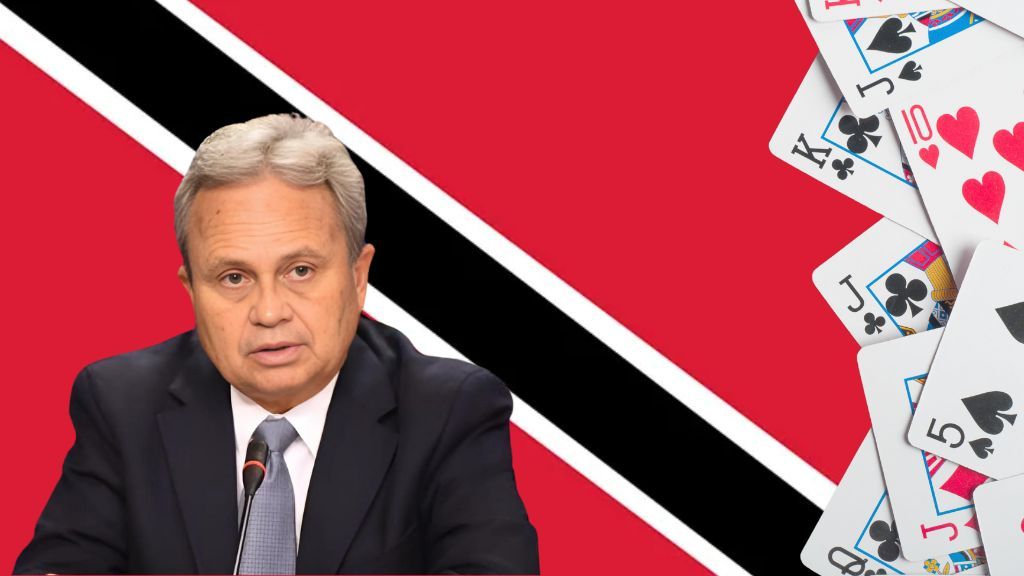
The government of Trinidad and Tobago has launched the "Gambling Control Act," which will be implemented in January next year, aimed at addressing issues of money laundering, tax evasion, and insufficient protection for vulnerable groups.
Objectives of the Gambling Control Act
The "Gambling Control Act" of Trinidad and Tobago aims to prevent illegal activities such as money laundering and tax evasion in the gambling industry. By implementing strict regulatory measures, the government hopes to ensure that all operators adhere to transparent and ethical business practices. The act also focuses on protecting the public, especially problem gamblers and minors, from the negative impacts of gambling addiction.
While gambling can provide entertainment and generate substantial revenue, without proper oversight, it can also lead to many social and economic issues. Through regulation of the industry, the government of Trinidad and Tobago not only protects players but also ensures that gambling businesses operate within the legal framework, contributing positively to the economy.
An important provision states that all operators of gambling venues and owners of gambling machines, previously regulated under the "Liquor License Act," must report their existence to the newly established Gambling Control Commission (GCC). Once reported, operators will need to apply for the relevant licenses and pay the associated fees.
Trinidad and Tobago's Finance Minister Colm Imbert (as shown in the image above) stated: "The GCC committee has made significant progress in establishing the regulatory framework, having just concluded the public consultation. The GCC is refining the feedback received and will enter a transition period after the act is published, during which all gambling venues and gambling machine owners operating under the 'Liquor License Act' must report their existence to the commission. After collecting this information, the commission will provide applicable license recommendations based on their area of operation."
Transition Period
The act recognizes the harmful impact of gambling on vulnerable groups, especially problem gamblers and minors. To address these issues, the Gambling Control Commission (GCC) of Trinidad and Tobago will allocate a portion of the funds collected through licensing fees to support rehabilitation programs for those struggling with gambling addiction.
A portion of the funds from gambling licenses will be used to support projects treating gambling addiction. These funds will also support various community programs including sports, arts, and cultural projects, to help mitigate some of the negative impacts associated with gambling.
Protecting Individuals
The act recognizes the harmful impact of gambling on vulnerable groups, particularly problem gamblers and minors. To address these issues, the GCC will allocate a portion of the funds collected through licensing fees to support rehabilitation programs for those struggling with gambling addiction.
A portion of the funds from gambling licenses will be used to support projects treating gambling addiction. These funds will also support various community programs including sports, arts, and cultural projects, to help mitigate some of the negative impacts associated with gambling.
Imbert added: "The act aims to ensure that gambling is conducted in a fair, open, and responsible manner, protecting minors and vulnerable groups from harm. It aims to prevent gambling from becoming a source of crime or being used to support criminal activities, while ensuring compliance with anti-money laundering and counter-terrorism financing laws."









